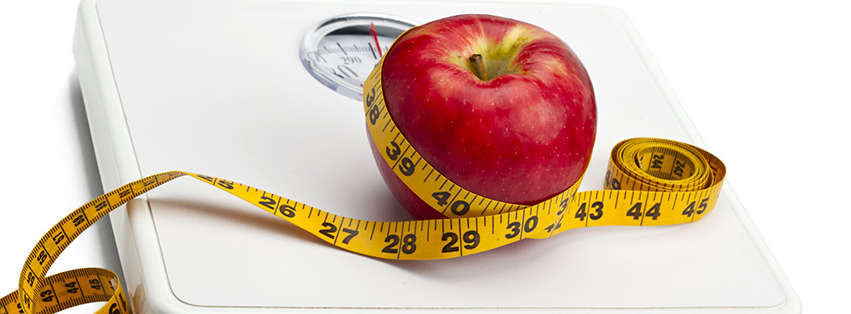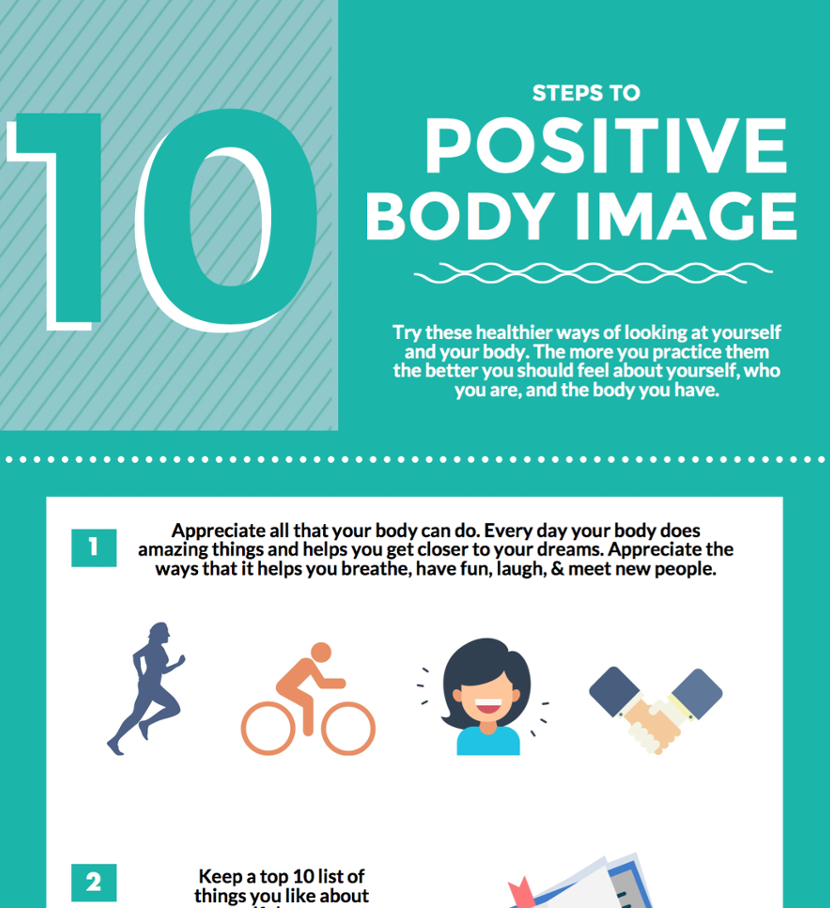
Introduction
There are a variety of eating, nutrition, body image, and exercise issues that negatively impact college students. These may include obsessions, compulsions, and preoccupations with food, body image, exercise, or weight. Poor body image could become a vulnerability to developing disordered eating, so it is important to assess. Disordered eating is more intense than just dieting and counting calories. It can result in significant physical and mental health concerns and often requires extensive treatment. However, even if you do not have a diagnosed eating disorder, you may be able to benefit from a healthier relationship with food and exercise.
Problematic Symptoms
- Significantly low body weight but sees oneself as overweight
- Compulsion to exercise to lose weight, despite being in healthy range
- Significant guilt for not exercising or for overeating, and using exercise as a punishment
- Uncontrollably eating a larger than normal amount of food and experiencing guilt or shame afterwards
- Unrealistic body image distortion and excessively negative body dissatisfaction
- Weight loss through self-induced vomiting, laxatives, enemas, or excessive exercise
What You Can Do About Eating Issues
For more information about how much these issues may be affecting you, take this anonymous online self-assessment. Depending on how you feel about the results, you can contact the Counseling Center for additional support, or you can try some of the following resources:
If you are engaging in disordered eating behaviors, it is important to understand the negative impact of different behaviors on your physical health as well as the factors that contribute to eating disorders. If you are dealing with an eating disorder, it is likely that you will benefit the most from receiving specific treatment. The James Madison University Health Center has on-campus nutrition resources for those with eating issues. The Counseling Center can reccomend services to fit student needs.
If you want to work on some of these issues on your own, you can start to develop a positive body image. There are a lot of different issues that go into body image, but it is important to pay attention to the diversity of bodies. There are also on-campus resources related to personal fitness and nutrition if you want a second opinion.
If you experience issues with binge or overeating, it may be helpful for you to practice this mindful eating exercise or the STOP method of mindful eating.

